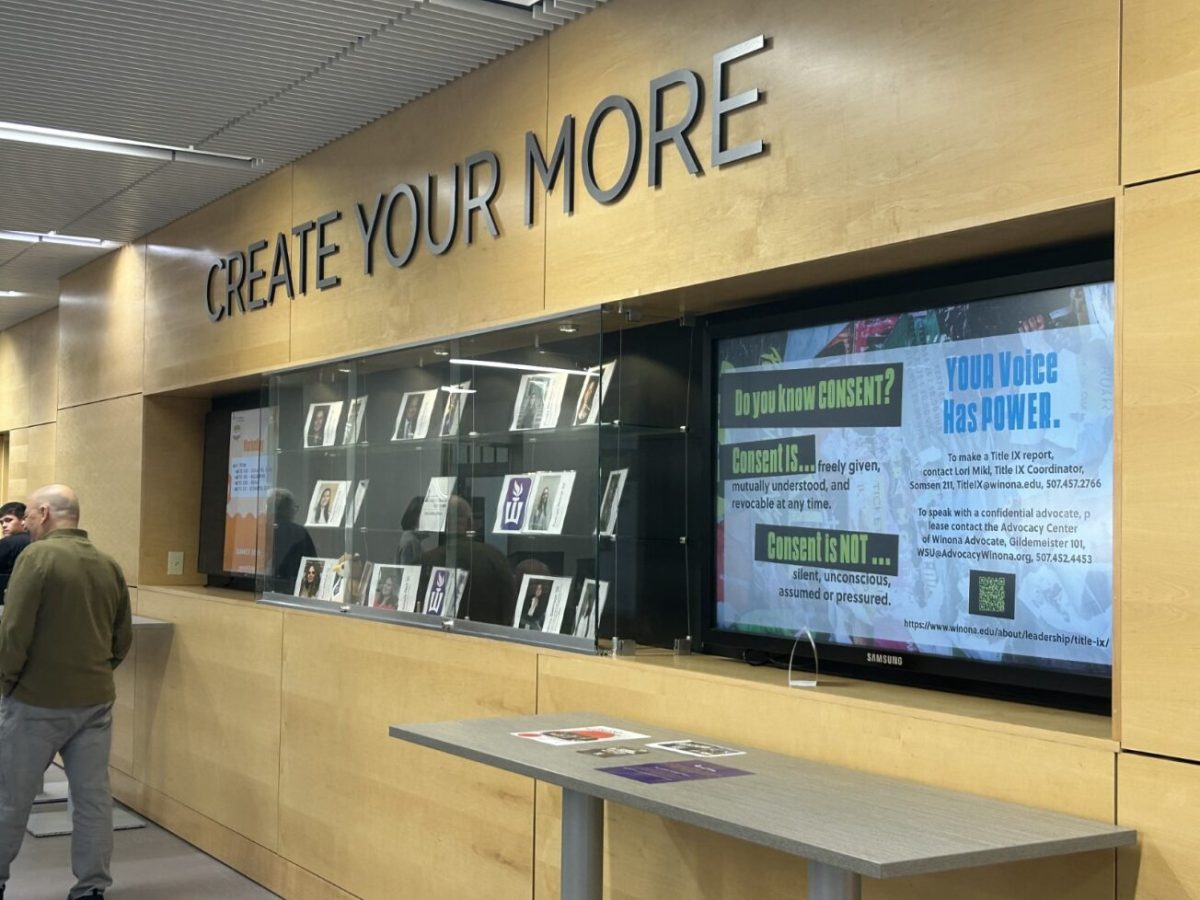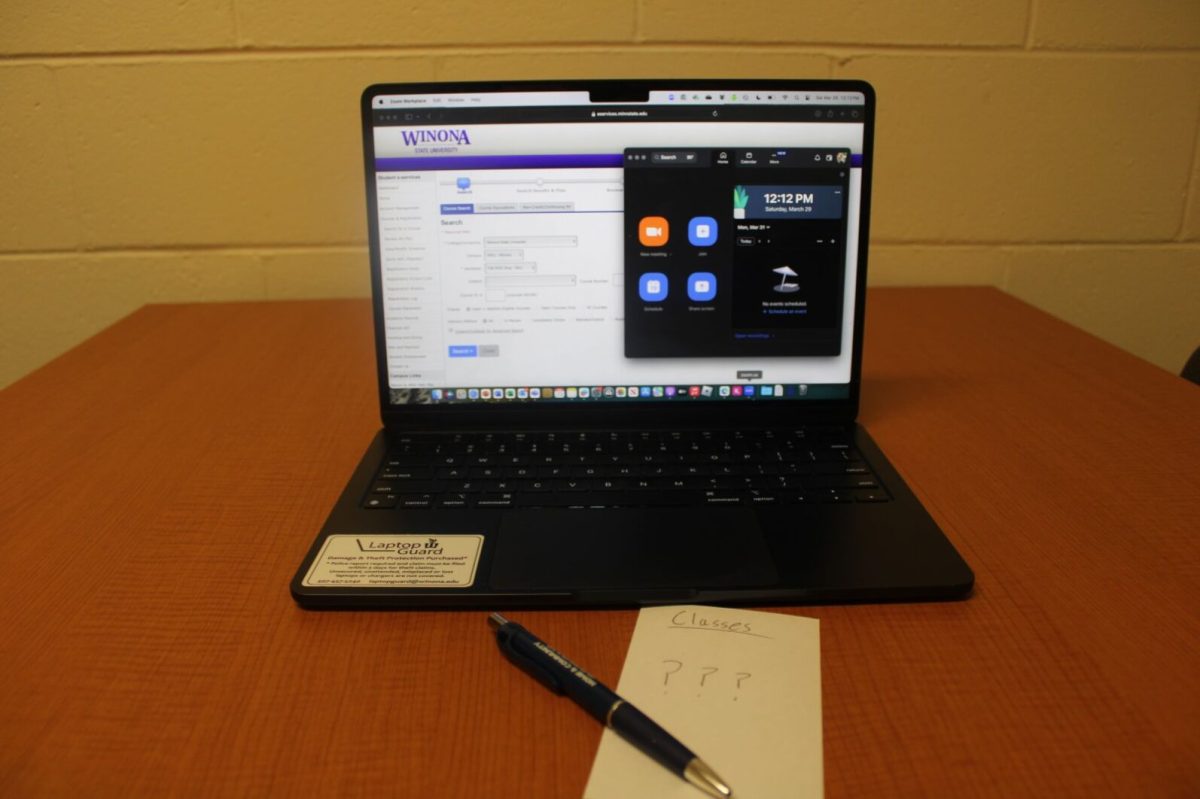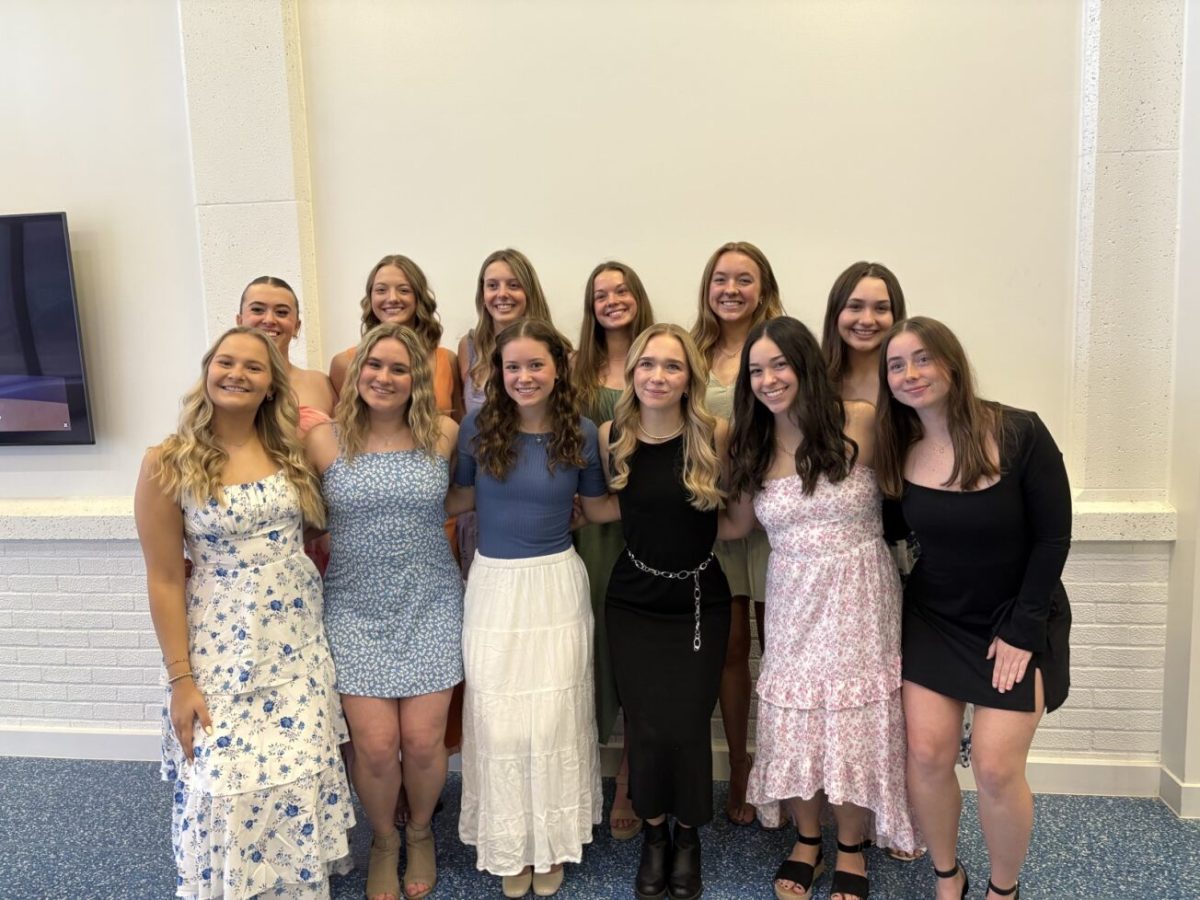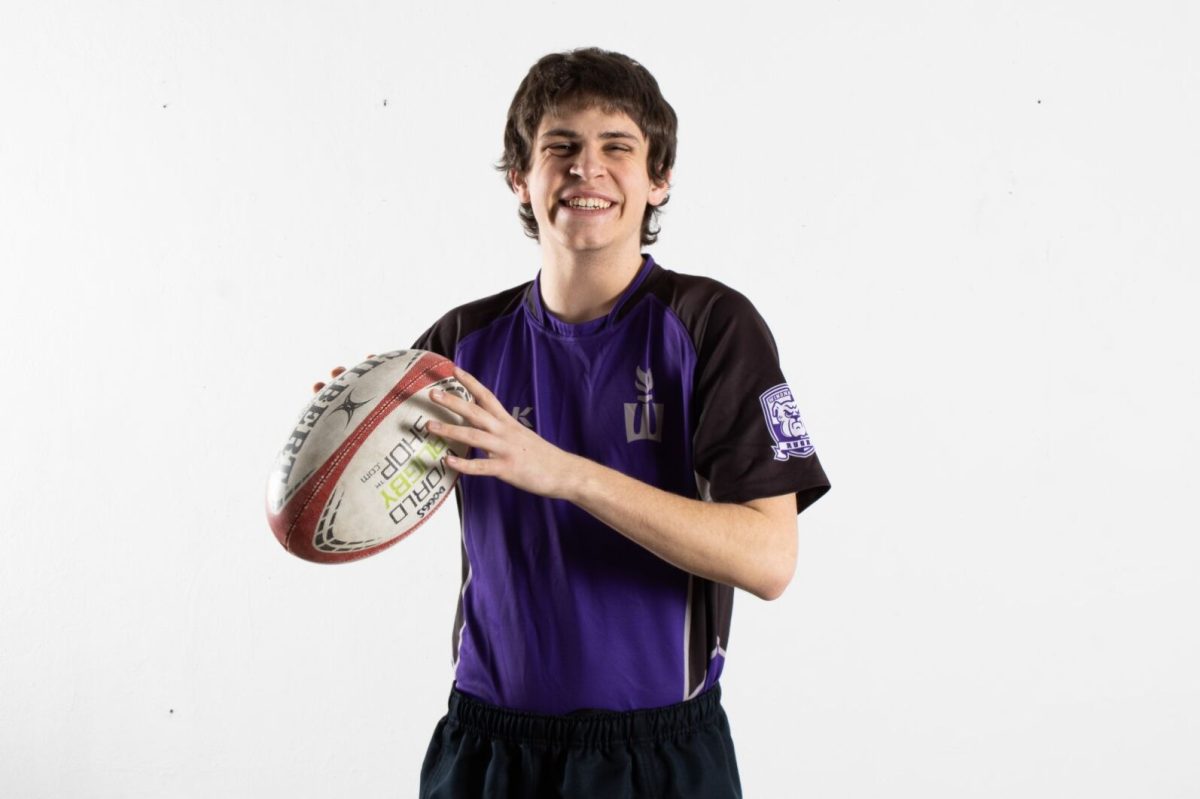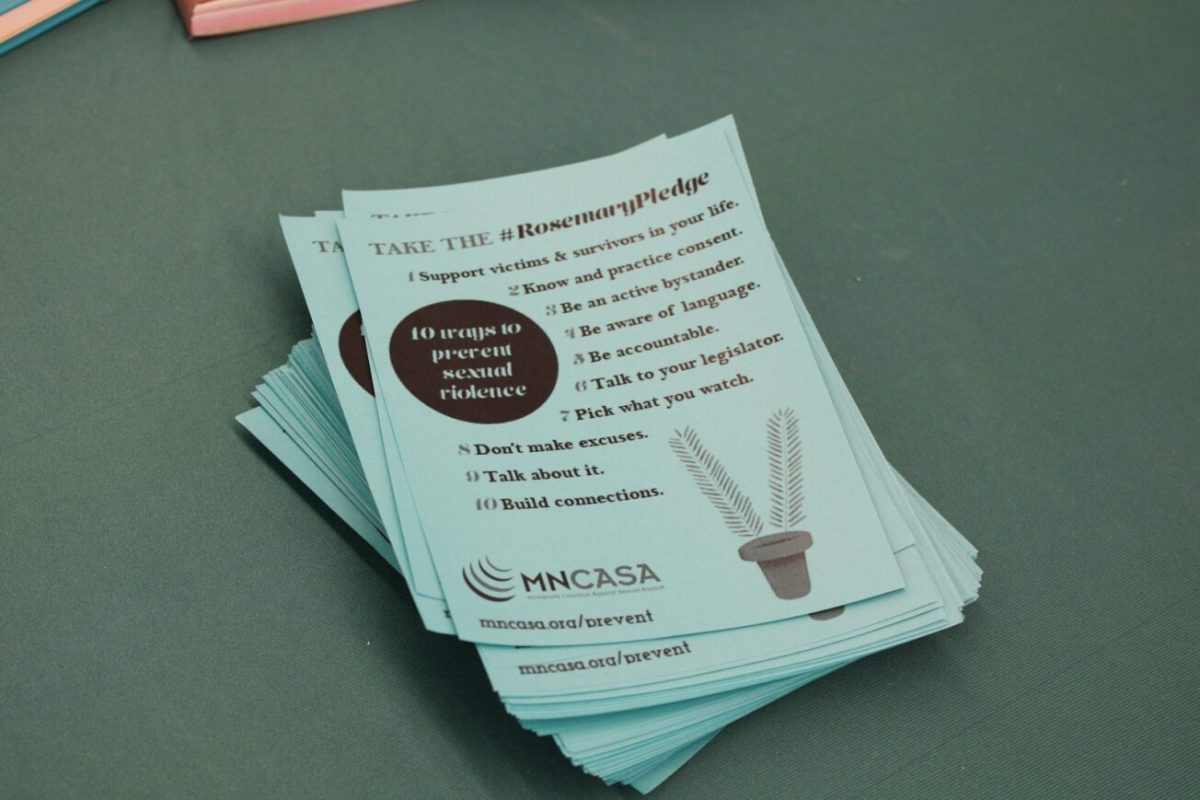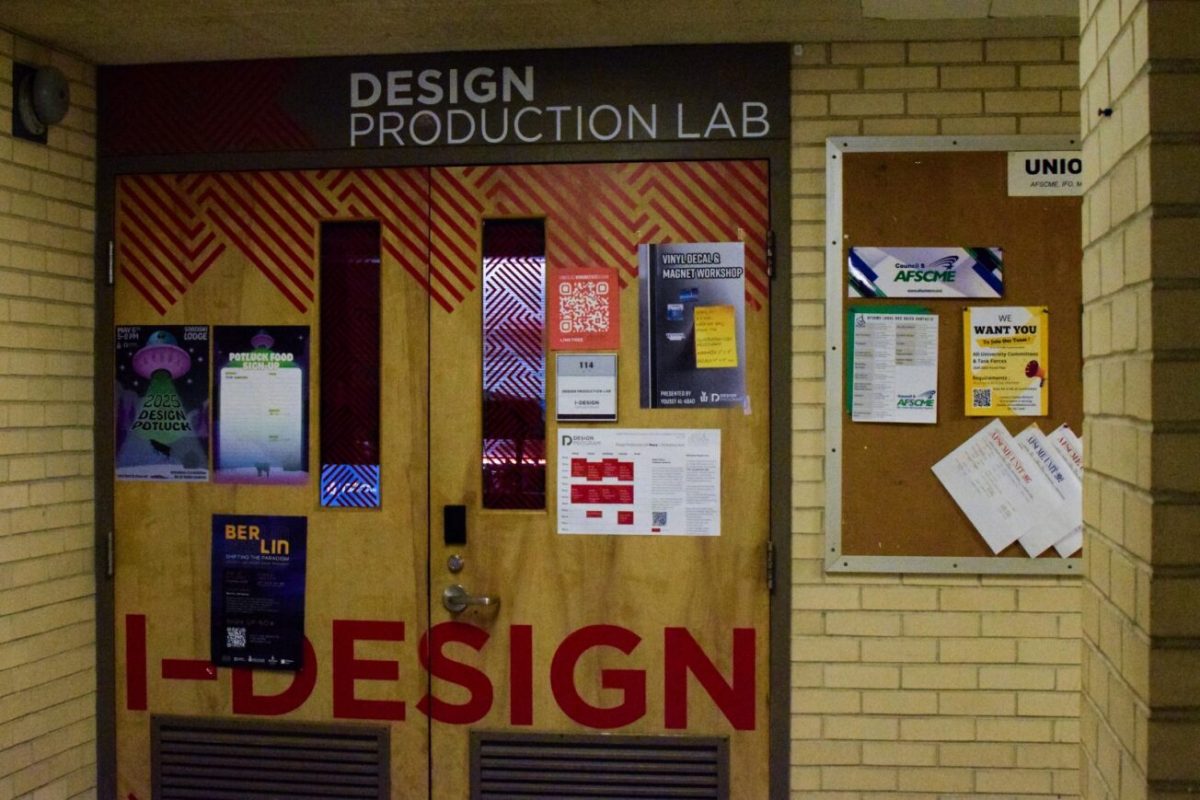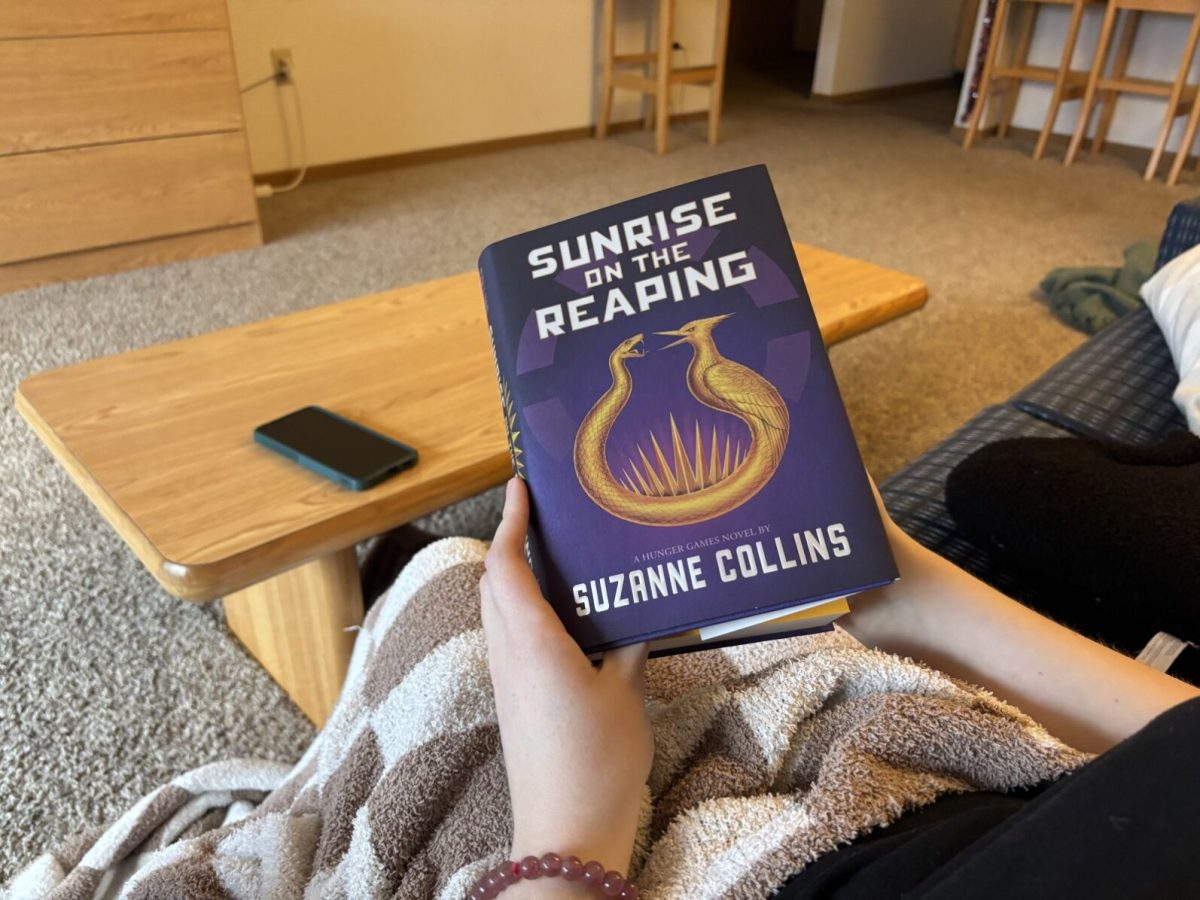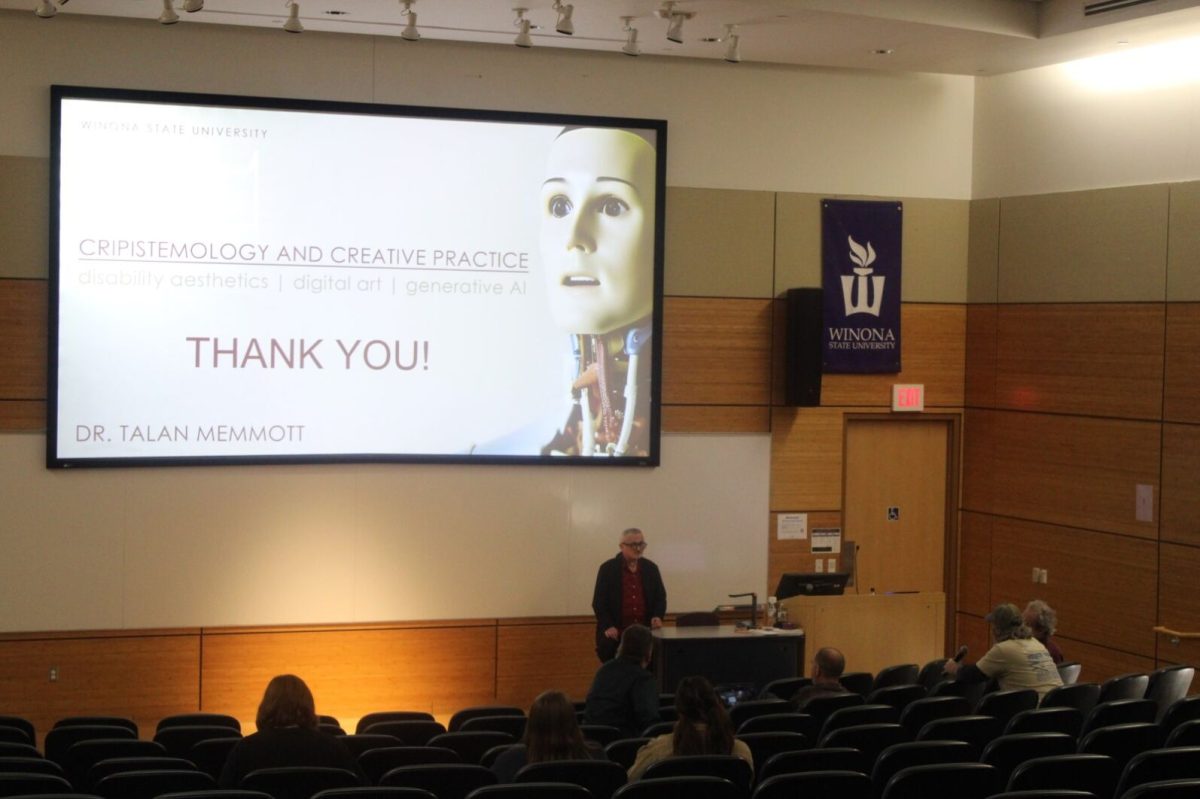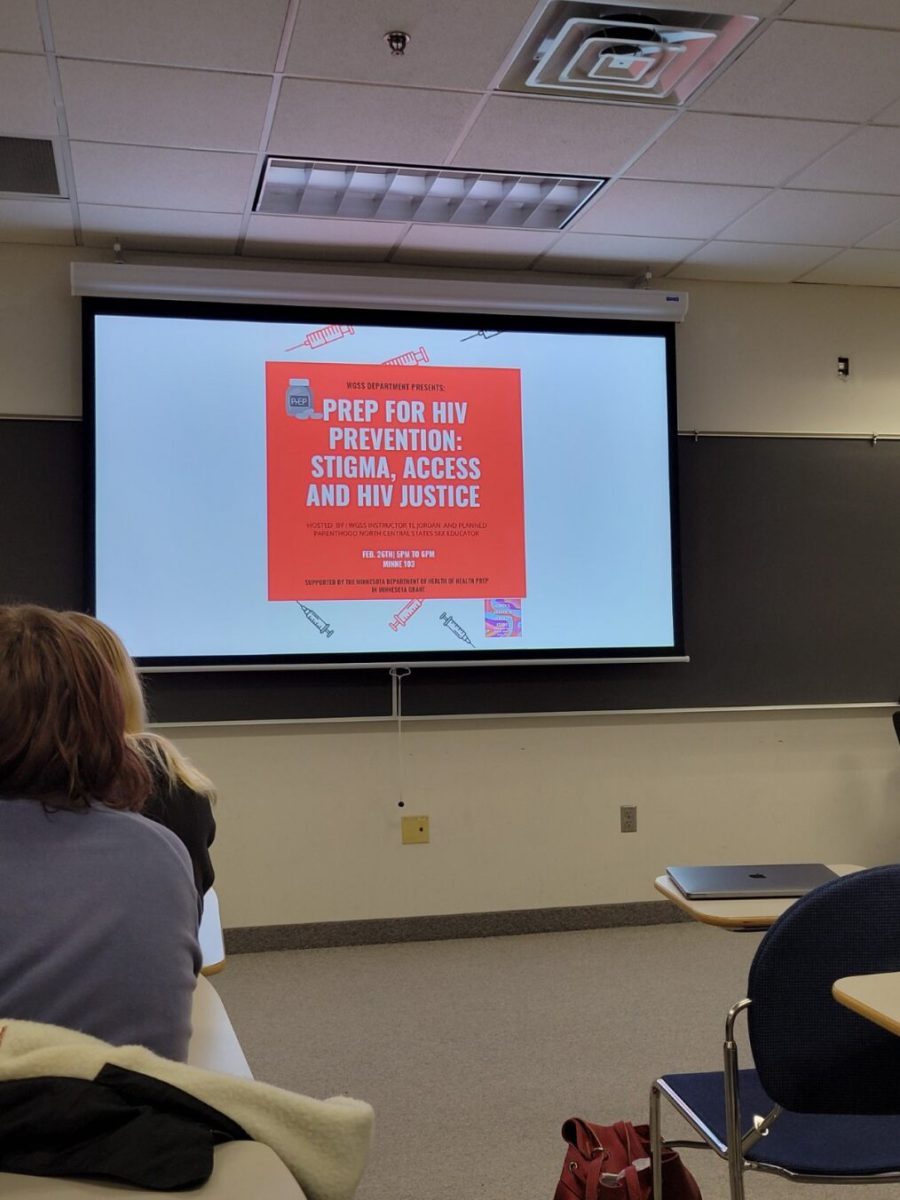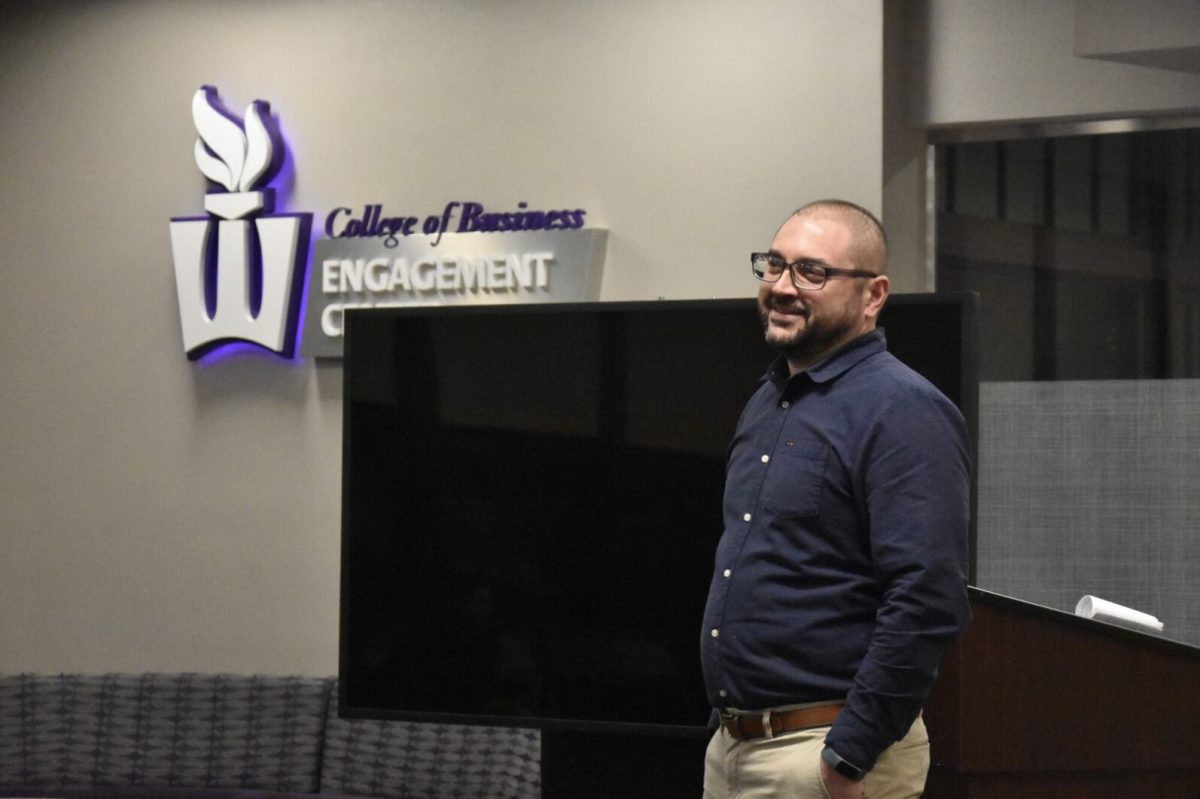
Sara Tiradossi / Winonan
Junior Stephanie Shaw was diagnosed with Type 1 diabetes in 2006, when she was nine years old.
Her brother was diagnosed with Type 1 diabetes on his 16th birthday in 2015, which made paying for insulin and medical costs not easy for her family, according to Shaw.
On Thursday, March 30, Shaw attended a conference at the U.S. Capitol in Washington D.C. for the American Diabetes Association’s (ADA) 2017 Call to Congress Advocacy Day.
Shaw was able to attend the conference as a member of the American Diabetes Association’s Young Professional Leadership Council, a group of young adults through age 35 who either have diabetes or are advocates.
Shaw has been involved on campus and in the community to raise awareness of diabetes, as well as protect access to adequate health insurance for people living with diabetes.
At the beginning of the semester, Shaw started the American Diabetes Association college connection, a new group that was created in response to Winona State University student, Brandon Rigby, who passed away last semester because he could not afford insulin.
“This is a sensitive topic on our campus,” Shaw said.
Through the group, she is planning on working with students who have diabetes or health related majors who may be interested in working with those who have diabetes.
In Washington D.C. Shaw joined more than 180 diabetes advocates to address the diabetes epidemic.
An important topic discussed was the high cost of insulin, which has risen over 300 percent over the last 10 years, Shaw said, and has impacted many Americans.
“We are seeing people who die because they cannot afford it. It’s ridiculous because you can’t live without it,” she said.
According to Shaw, U.S. President Donald Trump’s proposed budget had many cuts to the national institute of health compared to other funding like cancer or HIV funding.
LaShawn Mclver, an advocate for the American Diabetes Association, said at the conference that every 23 seconds another American is diagnosed with diabetes.
“If diabetes were a communicable disease, it would be the headline in every newspaper and the lead story on every channel,” Mclver said at the conference.
One of the goals that Shaw aims to achieve through campus involvement is raising awareness, doing campaigns and letting students know they have a group of people they can turn to for any concern they might have.
Shaw said it is important to address such a big issue in our country, starting with a small community like Winona.
“This is something that will hit our age demographics hard later on,” Shaw said. “Research has estimated that by 2050, one in three Americans will have diabetes of some kind.”
At the press conference, the association delivered the “Make Insulin Affordable” petition, signed by more than 235,000 people since November 2016, to Senators Jeanne Shaheen and Susan Collins, co-chairs of the Senate Diabetes Caucus.
The association asked for the U.S. Congress’ help to work with all of the stakeholders in the supply chain to identify the catalyst for the cost increases and to create viable solutions for all Americans who depend on this life-saving medicine.
Shaw said combating diabetes means understanding a person’s risk. It is important to have funded prevention programs, she said, so people can understand their risks and take the necessary steps to decrease those risks.
Shaw added there is a bad misconception that diabetes is directly caused by lifestyle factors, but genetics play a big role as well.
“In this era of diabetes, we do need to think about diabetes,” Shaw said. “Not be scared of it, but know that people may have a risk of it, even if they are healthy and fit. They need to consider it as something that could be part of their lifetime.”




